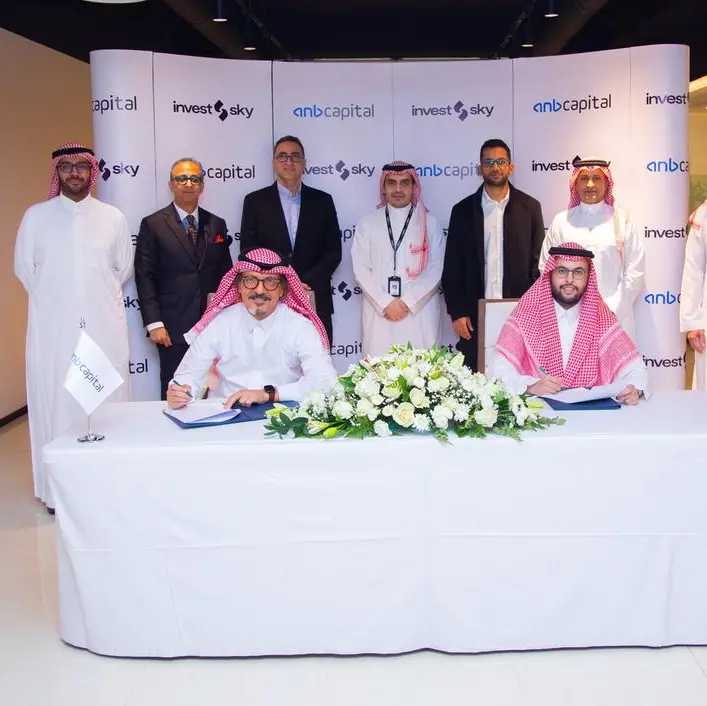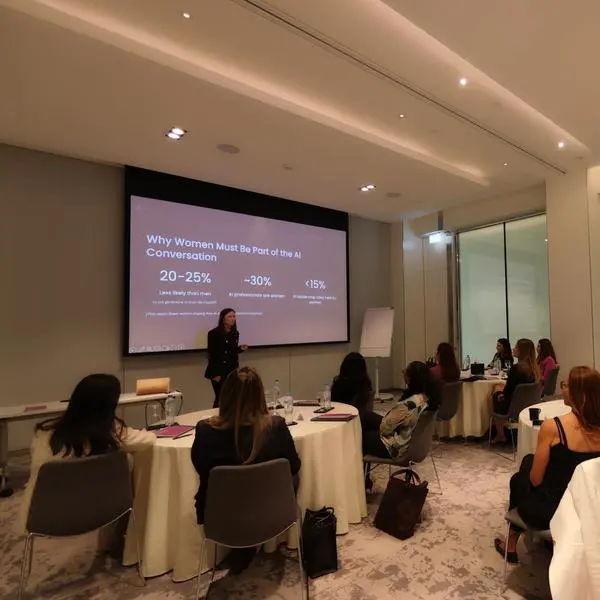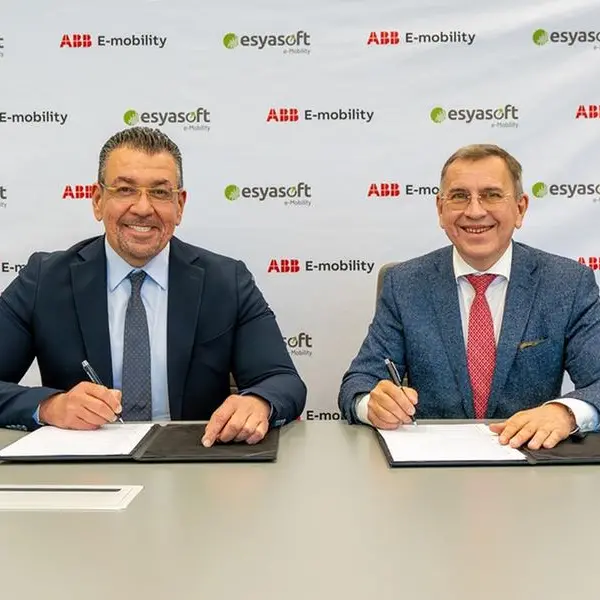PHOTO
Dubai: UL, a global safety science company, has advised shoppers and businesses in the UAE to be proactive to keep online payments safe and secure this festive season.
Across the world identity fraud is on the rise, driven by a growth in scams where the physical debit or credit card is not present – such as online or over the phone transactions. A recent study, by globally renowned firm Norton, found that more than 3 million people in the UAE experienced cybercrime in 2017 in (around a third of the population) *.
With uptake in fraudulent activities on key shopping dates, merchants and consumers need to be mindful of unscrupulous fraudsters who are always looking for new and different ways to get their hands on people’s hard-earned cash.
UL, which has a regional office in Dubai and a state-of-the-art laboratory in Abu Dhabi, has provided a series of top tips for consumers and merchants in the UAE to mitigate risk this holiday period.
They include considering the use of wallet platforms such as Apple Pay and Paypal, as well as registering for bank transaction notifications and regularly reviewing passwords for online accounts.
Merchants should also protect themselves by monitoring sales transactions, as well as asking for the Card Verification Code (CVC) as part of every transaction and keeping software and platforms up to date.
Hamid Syed, vice president and general manager of UL Middle East: “This is a busy time of year for online shopping with countless consumers using digital payments to buy gifts for loved ones from companies at home and abroad.
“At UL we provide trusted and critical security expertise – ensuring that this festive season is one to remember for all the right reasons.”
UL recommends the following for individuals:
- Consider the use of wallet platforms such as Paypal, Apple Pay, Samsung Pay, Google Pay or Visa Check out. Wallet platforms are available for both mobile and desktop devices and increasingly include a new technology called tokenization. Tokenization protects sensitive data on credit card numbers by replacing it with an algorithmically generated number called a “token”.
- Routinely review credit card statements for fraudulent activity. This simple action helps identify and shut down unauthorized use of your credit cards.
- Check to see if your bank allows you to set up transaction alerts or withdrawal notifications when an amount is over a preset limit.
- Pay attention to changes in credit score. Some banks and credit card issuers will alert a customer when your credit score shifts up or down.
- Create unique passwords for online banking, credit and other accounts with sensitive information. Passwords gleaned from one attack are often tested by fraudsters against other accounts with the same password protocols.
- Mix up your choice of security questions. For example, many security challenges include one’s place of birth, an easy question to answer. Use a mix of security questions to help minimize risk.
UL recommends the following for merchants:
- Monitor sales transactions using tools to check IP addresses and filter out countries known for fraudulent activities. Scrutinize inconsistent shipping addresses and billing information before products are mailed.
- The Address Verification System (AVS) can be used to verify the address of the person claiming to own the credit card. AVS compares the numeric portion of the shipping address with the address on file through the credit card company.
- Ask for the Card Verification Code (CVC) as part of every transaction. The Payment Card Industry Data Security Standard (PCI DSS) prohibits the storing of CVC, so the chances of virtually obtaining the code are practically zero, making it a smart requirement for most eCommerce and mCommerce sites.
- Keep software and platforms up to date as software vulnerabilities are continuously being found and security patches issued to prevent fraud and protect customers from malware and viruses.
-Ends-
About UL
UL fosters safe living and working conditions for people everywhere through the application of science to solve safety, security and sustainability challenges. The UL Mark engenders trust enabling the safe adoption of innovative new products and technologies. Everyone at UL shares a passion to make the world a safer place. We test, inspect, audit, certify, validate, verify, advise and train and we support these efforts with software solutions for safety and sustainability. To learn more about us, visit UL.com.
Disclaimer: The contents of this press release was provided from an external third party provider. This website is not responsible for, and does not control, such external content. This content is provided on an “as is” and “as available” basis and has not been edited in any way. Neither this website nor our affiliates guarantee the accuracy of or endorse the views or opinions expressed in this press release.
The press release is provided for informational purposes only. The content does not provide tax, legal or investment advice or opinion regarding the suitability, value or profitability of any particular security, portfolio or investment strategy. Neither this website nor our affiliates shall be liable for any errors or inaccuracies in the content, or for any actions taken by you in reliance thereon. You expressly agree that your use of the information within this article is at your sole risk.
To the fullest extent permitted by applicable law, this website, its parent company, its subsidiaries, its affiliates and the respective shareholders, directors, officers, employees, agents, advertisers, content providers and licensors will not be liable (jointly or severally) to you for any direct, indirect, consequential, special, incidental, punitive or exemplary damages, including without limitation, lost profits, lost savings and lost revenues, whether in negligence, tort, contract or any other theory of liability, even if the parties have been advised of the possibility or could have foreseen any such damages.




















